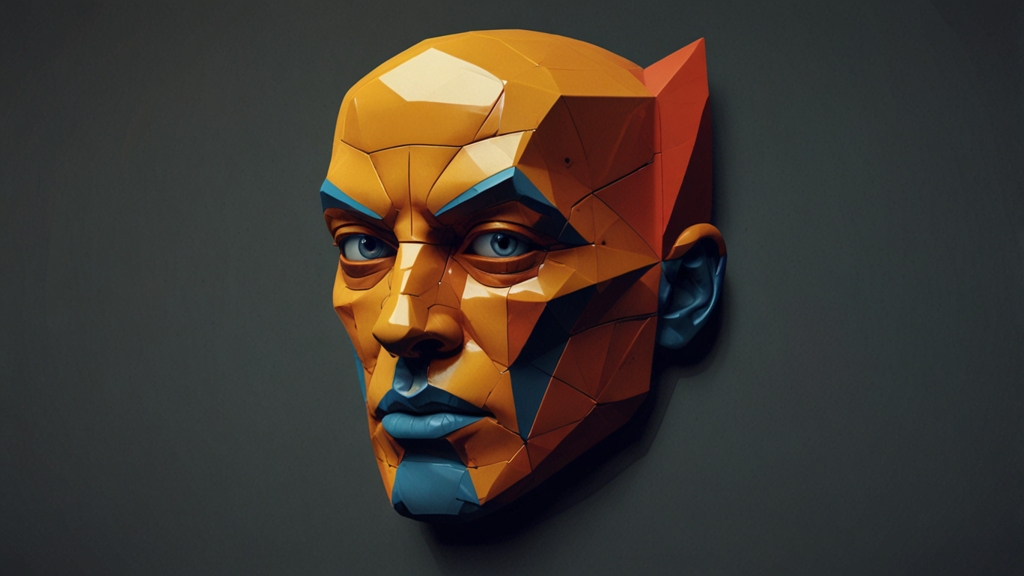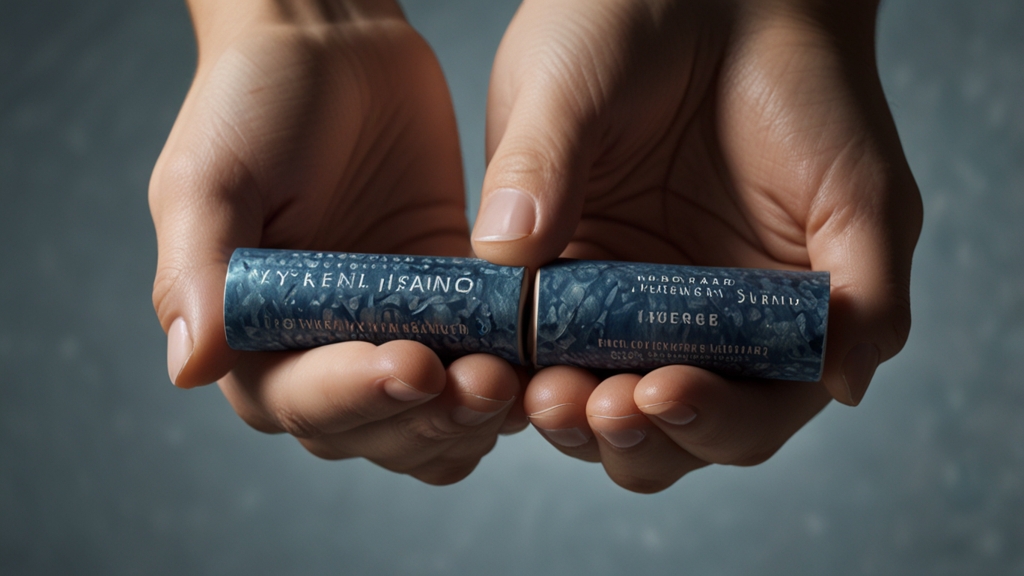Can We Live Forever? The Race for Immortality
The quest for immortality is as old as humanity itself. From the ancient epics of Gilgamesh to the modern-day aspirations of Silicon Valley billionaires, the desire to transcend the limits of human lifespan has been a persistent theme. But can we truly live forever? With advances in biotechnology, artificial intelligence, and medical science, the dream of eternal life seems more attainable than ever. This article explores the various endeavors and breakthroughs in the race for immortality.
The Biological Approach
One of the primary avenues researchers are exploring is biological manipulation. Our understanding of genetics and cellular biology has grown exponentially in recent years, leading to groundbreaking discoveries.
Telomeres, the protective caps at the end of our chromosomes, play a critical role in the aging process. Every time a cell divides, these telomeres get shorter, eventually leading to cellular aging and death. Scientists are investigating ways to extend the lifespan of telomeres, thereby delaying aging.
"The key to immortality may lie within our DNA," said Dr. Maria Santos, a leading genetic researcher. "By unlocking the secrets of telomeres and other genetic markers, we could potentially extend human life far beyond current limitations."
Another promising area of research is senescence, the process by which cells deteriorate and lose their ability to function. By eliminating or rejuvenating these senescent cells, it may be possible to maintain the body in a youthful state indefinitely.
Technological Integration
The integration of technology with biology is another frontier in the quest for immortality. The concept of the "cyborg" — a being with both organic and biomechatronic parts — is no longer confined to science fiction.
Neuralink, a company founded by Elon Musk, is developing brain-machine interfaces that could potentially transfer human consciousness into machines. This would theoretically allow individuals to "live" in a digital realm, free from the limitations of a biological body.
"Our goal is to create a symbiosis with artificial intelligence," Musk stated. "If we succeed, human intelligence and consciousness could endure indefinitely."
Moreover, advancements in prosthetics and organ regeneration could lead to the replacement of virtually any body part. Futurists like Ray Kurzweil believe that we will be able to replace failing biological systems with artificial ones, achieving a form of practical immortality.
Philosophical and Ethical Concerns
While the science and technology driving the race for immortality are undoubtedly fascinating, they also raise significant philosophical and ethical questions. What would an eternal life mean for human society? How would it impact our moral and ethical frameworks?
There are concerns about the socioeconomic implications of life extension technologies. If only the wealthy can afford these advancements, it could lead to an even greater divide between the rich and the poor, exacerbating existing social inequalities.
"The ethical landscape of immortality is fraught with complexities," remarked ethicist Dr. Alan Greene. "We must navigate these carefully to ensure that extended lifespans do not come at the cost of our humanity."
Furthermore, the concept of living forever challenges our understanding of life itself. Some argue that mortality gives life meaning and that an eternal existence could lead to unforeseen psychological and societal changes.
Conclusion
Can we live forever? The answer remains uncertain, but the race for immortality is undoubtedly gaining momentum. As scientists and technologists continue to push the boundaries of what's possible, the dream of eternal life inches closer to reality. Whether through biological advancements, technological integration, or a combination of both, the pursuit of immortality promises to be one of the most profound and transformative endeavors of our time.
However, as we stand on the brink of this new frontier, it is crucial to consider the ethical and philosophical implications carefully. The choices we make today will shape the future of humanity and determine whether the quest for immortality enhances or diminishes the essence of what it means to be human.












